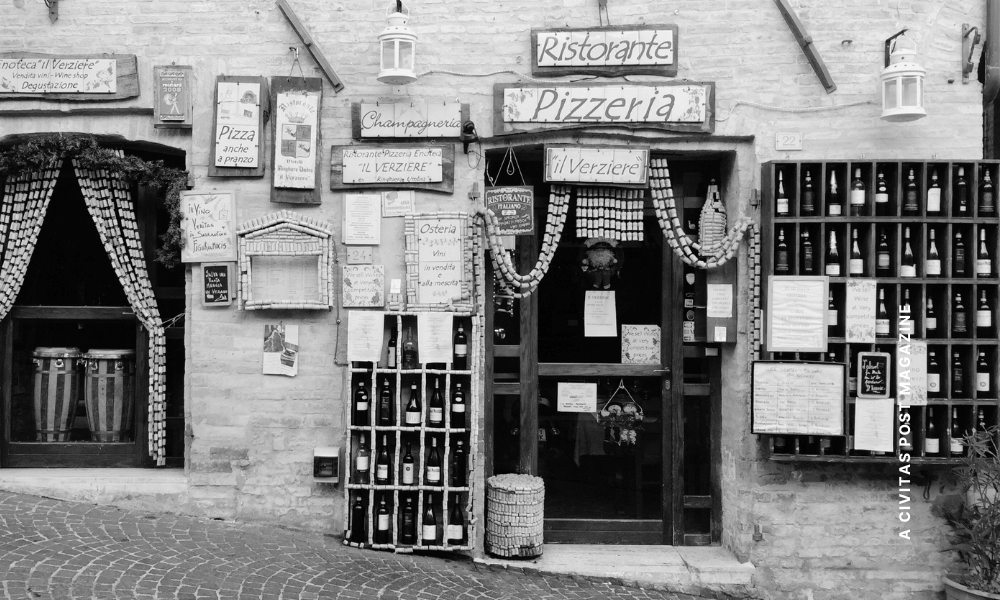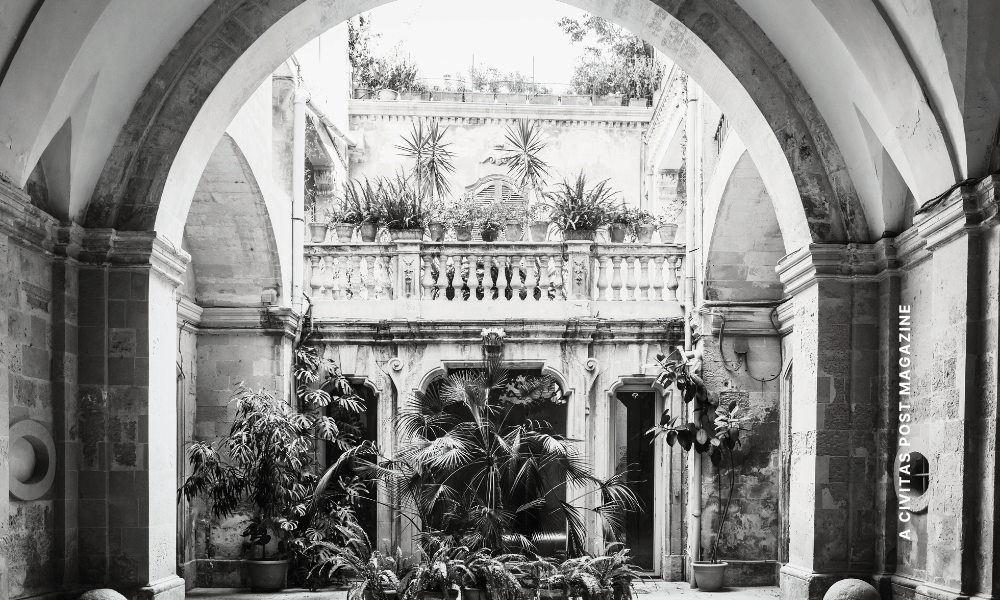Like dominoes toppling in consequential order the Portuguese government has decided that in 2024 the popular Non Habitual Tax Residence Program will cease. This development comes right after the real estate option for the Portugal Golden Visa has had the final nail hammered into its coffin.
Why is the Non Habitual Tax Residence program – a ten year tax incentive scheme in Portugal – coming to an end?
CNN Portugal, interviewed the Prime Minister of Portugal, António Costa who informed the reasoning behind the end of the Non Habitual Tax Residence program is to be fair to those on both ends of the earning scale – the NHR is deemed to benefit higher income earners, Costa said the program is “no longer justified and which is a biased way of inflating the housing market, which has reached unsustainable prices”.
What about those who already have Non Habitual Tax Residence in Portugal?
These measures will take place in 2024, and likely fuel a mass uptick in demand for this in the coming quarter. Costa assured those who already have approval for NHR in Portugal will retain its benefits. These included exemptions on income generated outside Portugal (passive income etc…) and a reduced rate of 20% on certain types of income for those who relocated to the country – for a ten year tax period.
So far this had lured high-net-worth individuals and #techpreneurs, #entrepreneurs and #founders from across the world – it will be notable to see how it impacts this segments demand for relocating to Portugal after 2024.

How has the Portugal Golden Visa changed?
The controversial “More Housing” bill which had a final vote in Parliament just last week has severely impacted the Portuguese Golden Visa landscape.
It will now not be possible to invest in real estate as a qualifying option for this Golden Visa – instead capital investments will be the most viable route as well as prioritizing job creation (in a similar vein to the EB5 in the US that promotes job creation) the fabric of the Portugal Golden Visa will considerably change.
In summary these options are:
- EUR 500,000 in a CIF – collective investment fund – whose maturity at the time of investment is at least five years, and which has majority of their investments (60% +) in commercial companies with a head office in Portugal;
- EUR 500,000 in a Portuguese company – the creation of at least five jobs, or maintenance of ten for at least three years;
- EUR 500,000 in public/private institutions dedicated to research activities related to national scientific or to the technology sector
- EUR 250,000 in cultural heritage, artistic, or recovery activities through public/inter-municipal entities, public cultural associations, private foundations with public utility status among others.









